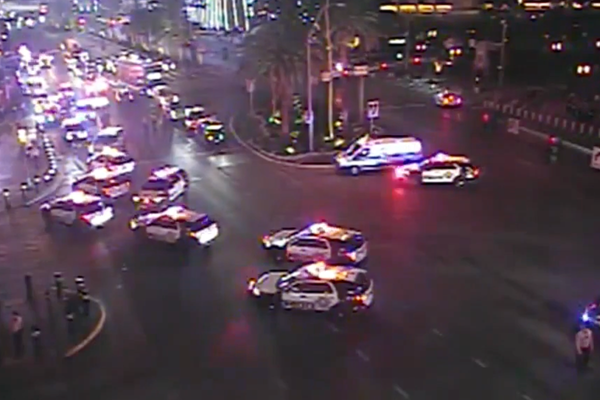THE political issues may be combustible, but few rhetorical fireworks went off on Tuesday as the UK Supreme Court began its two-day oral hearing on whether the Scottish Parliament has the legislative competence to hold its own referendum on Scottish independence.
Viewers who tuned in expecting to hear evidence and witnesses and cross-examination, or lawyers arguing about the right of self-determination in international law, or reflection of the significance of the Claim of Right – 1689 or 1989 – were destined to be disappointed.
Because this case turns not on these principles, but the approach Lord Reed and his four colleagues take to the construction of the Scotland Act 1998 and its complex and often convoluted system of devolved and reserved powers.
The two key issues
The legal issues are technical, but boil down to two key issues: Does Holyrood have the power to legislate for an independence referendum, and should the court decide this issue now? The Lord Advocate argues they should.
The Scottish Government has produced a draft independence Referendum Bill. Kicking off proceedings, Dorothy Bain KC asked the Court to decide whether or not this draft bill falls within Holyrood’s legislative competence. The Scotland Act gives her the power to refer “devolution issues” to the court for resolution. But is this a “devolution issue”?
The Lord Advocate persuasively argued this isn’t an “abstract” or academic legal argument. “It is,” she said “a live issue” and the court has the opportunity to “provide certainty and clarity to the Scottish Government, Parliament and public” about whether the structures of devolution allow the Parliament’s pro-independence majority to honour the manifesto commitments which returned them to Holyrood in May last year.
The main thrust of her submissions was that the uncertainty is damaging, and the court can in good conscience eliminate that now. She pointed to a lack of academic consensus about whether Holyrood has competence or not. She pointed out that even if the Scottish Government Bill is stymied, there’s every likelihood a pro-independence backbencher would push a proposal to a vote, and it is only a matter of time before the court had to reconvene to determine the question.
What does the UK Government argue?
The UK Government – represented in court by Treasury Devil Sir James Eadie KC – argue that the Supreme Court doesn’t owe the Lord Advocate an answer to this question. Or at least: Not today. They contend that the proper course is for Holyrood to pass a Referendum Bill – and then and only then, should the Supreme Court have its say.
Their argument, essentially, is “not today, milord.” The courts don’t give advisory opinions – not even to law officers who find themselves in the awkward situation of being unsure whether or not to sign-off a bill.
Dorothy Bain disagrees. It isn’t her job she says to be the “arbiter” or what Holyrood can and cannot do. “It is not constitutionally appropriate that a Lord Officer exercise such a function,” she said. But the court can make that call. Bain argues that in the name of “legal certainty, it is the responsible course and in the public interest” to resolve the issue one way or the other. Essentially: Why kick the can down the road?
On the merits, the Lord Advocate’s case rests on the distinction between “self-executing” and “advisory” referendums. If Holyrood stages a referendum in October next year, what is its purpose and effect? Bain argues that its objective purpose is simply to ask the people of Scotland what they think about their system of government.
If a second independence referendum is held, it will not unilaterally break up Britain any more than the Brexit vote in 2016 resulted in the UK’s immediate departure from the European Union. Not a clause of law will change as a consequence. The Supreme Court is a court of law: not a court of politics or political consequences. Judges should focus on the legal effect of the proposed referendum bill, and not its unforeseen and unforeseeable consequences in the changeable world of politics.
So, what now?
Already at this stage, one thing is clear: Don’t expect an early resolution of these legal issues. On Sunday, retired Supreme Court judge Lord Hope speculated that the final judgment may be handed down in six to eight weeks. Opening the hearing, the current President of the Court poured cold water on that timetable. “It is likely to be some months before we give our judgment,” Lord Reed said, stressing that the two days of argument for and against are just the “tip of the iceberg” of material the five justices have been asked to consider. Arguments continue tomorrow, as the UK Government develops its case.







